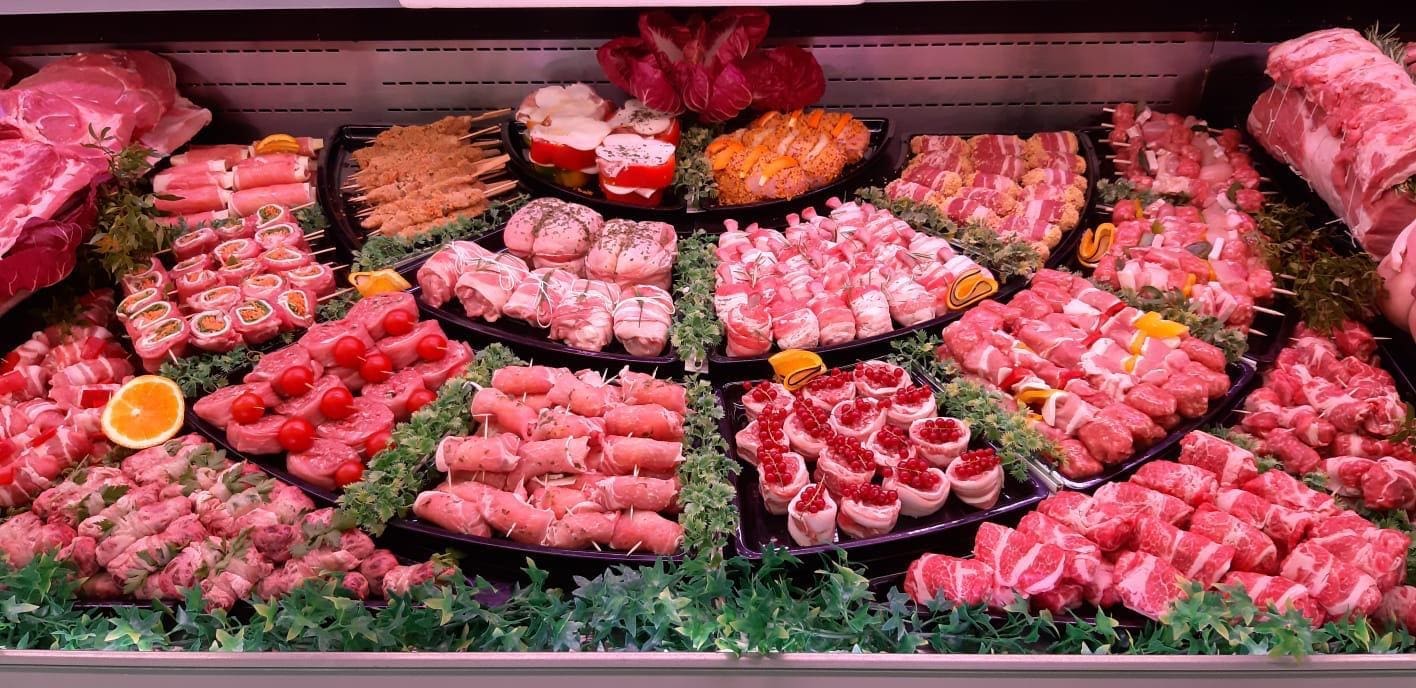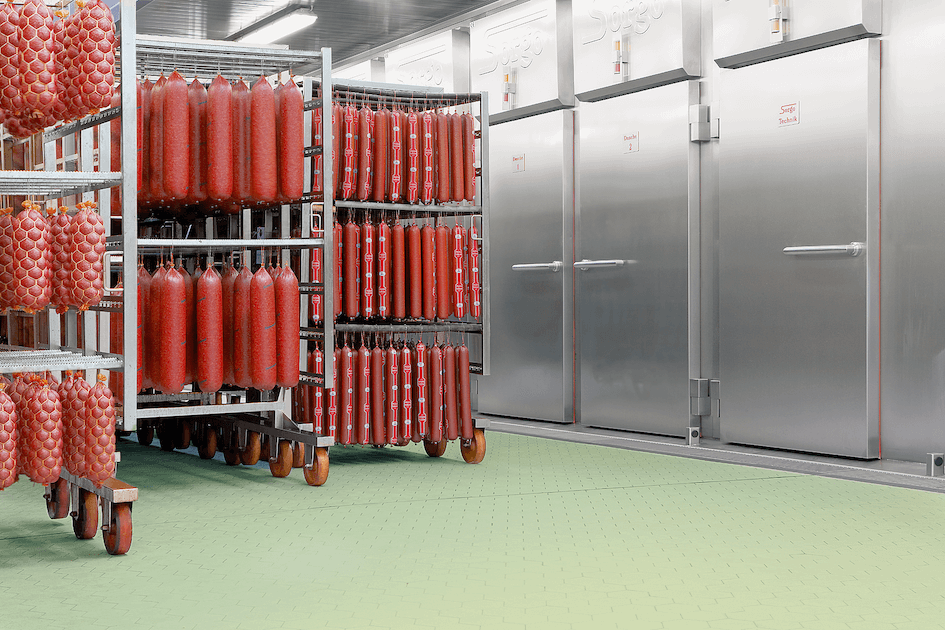New pitting machine for cherries and sour cherries
A new cherry pitting machine/puncher, designated to all cherry processing companies worldwide, is able to offer the highest economic advantage by reducing: the number of skilled personnel necessary for processing and maintenance operations; the expenditure on spare parts.
We are talking about the Cherry Pitting machine Mod. KC-196, designed and manufactured by the Italian company OMIP. This machine is suitable for removing the pits in both sweet and sour cherries thanks to a set of punchers. The movements of the conveyor belt as well as the heads for punching and support are actuated by the means of Brushless motors, controlled by a PLC which keeps them perfectly synchronised.
“This type of movement allows to operate the machine by making it make a double movement at a time, for a standard operation, or by permitting the belt to make one forward movement at a time, and hence destone and/or repit the same fruit. The latter is useful to reduce the percentage of pit residue in the fruit to its minimum”, explains Francesco Pannullo, one of OMIP’s corporate directors.
The machine is equipped with a touchscreen panel view, which permits to: vary the desired production speed by selecting first, second or third speeds; vary the punching speed with a fast or slow downward stroke; vary the type of timing of the belt, if it is double (standard) or single (for repitting the fruit); manage the phase-synchronisation of all the movements; see the error messages, including both historical and current ones.
“We are negotiating sales with clients in Australia, Uzbekistan, Russia, France and Greece – adds sales manager Timothy Ahiagba – and we are showcasing our KC-196 cherry pitting machine at the Anuga FoodTec 2022 in Koln, from 26th to 29th April, in Hall 10.1 Stand A033”
Made in accordance with machines Regulations 89/392/CEE, the frame of the machine is built entirely using stainless steel, which renders it remarkably robust and highly resistant to rusting.
“The frame has been stabilised after welding and successively refined on numeric control machines.
All the components of the machine are interchangeable – concludes Mr. Pannullo – The parts having contact with the fruit are all made of food-grade materials (plastic, aluminium, and stainless steel).”








